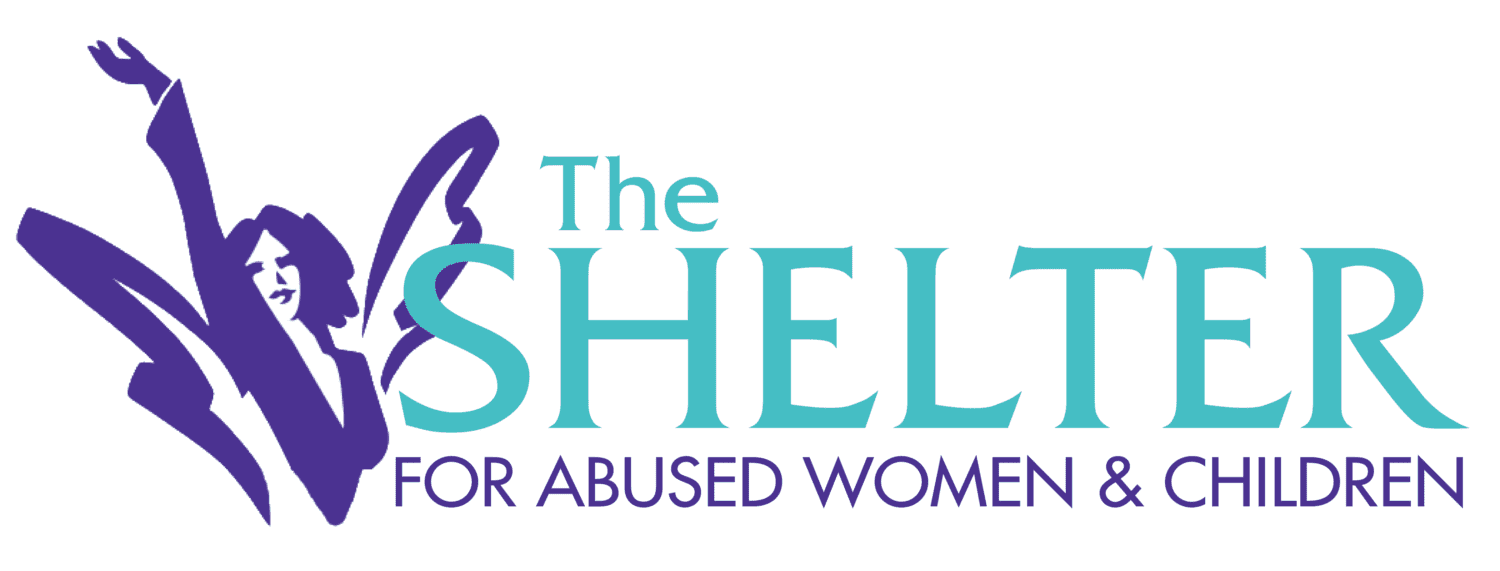The same violence that hurts humans hurts animals, too
Then there was Karen*. The young girl and her Jack Russell terrier, Princess*, shared a strong bond, and she couldn’t bear to leave the dog behind when she and her mother fled from their abuser, who had threatened to put Princess in the street to be hit by a car. Rose Brooks Center in Kansas City, Missouri, found a family to look after Princess until a space became available in their Paws Place shelter, a designated area on the shelter’s grounds for pets of guests. When Princess became ill, an emergency vet treated her immediately, and since then, she’s been moved to Paws Place, where she and Karen can begin to heal together.
These individuals are only a few in the almost 48 percent of women in domestic-abuse situations who refused to leave a violent situation because of their pets. Approximately 70 percent of abused women report that their abused threatened, injured, or killed their pet. These shocking statistics are why since 2010, the AKC Humane Fund has provided grants to shelters, women’s organizations, and related groups that provide a safe place for pets to stay.
Rose Brooks has made a space for pets in their facility since 2009, when a woman entered the shelter explaining that her Great Dane, Hank, had jumped in between her abuser and a hammer he was threatening her with (see that full story here). To implore the woman to stay at the facility, the staff made an exception to the shelter’s no-pets policy. Since then, Rose Brooks has added a separate facility that can hold as many as six cats and five dogs (or more, if dogs are able to share a kennel), as well as a foster network and a no-cost boarding facility when the pet space is full. A local trainer visits the facility to help pets who have behavior issues due to abuse or trauma.
“Our trainer is currently working with a young dog who has aggression issues because he was beaten as a puppy,” says Zoe Agnew-Svoboda, who runs Rose Brooks’ pet facility. “He’s rehabilitating the dog so that he’ll be safe for the family to take with them when they move on to a new home.” The facility staff also helped mentor the staff of another organization that is set to open a space for pets soon.
The grants also help fund veterinary care for the pets of victims who are often facing both emotional trauma and financial hardships already when the pet becomes ill. For instance, a Dachshund staying with a mother and her teenager daughter at The Shelter for Abused Women & Children in Naples, Florida, became extremely sick after encountering a poisonous bufo toad in the play area. The dog, named Jaxx*, who was also once a victim at the hands of the abuser, was rushed to an emergency hospital, where he received life-saving treatment. The near-tragedy helped bring together the mother and daughter who had a strained relationship up until that point.
“When the mother and daughter returned [to the shelter], they were extremely relieved and grateful. The two began to communicate and work together far better than before Jaxx’s crisis,” a representative at The Shelter explains. “Perhaps this near tragedy brought them closer together and made them see what is really important in life.”
But what’s most crucial is the ability to cut ties with the abuser, knowing that their full family, including the animals, is in a safe haven.
“Many people don’t realize how controlling an abuser can be when a pet is involved,” Agnew-Svoboda says. “A woman can leave the violent home and still be controlled and manipulated from a distance because the abuser can threaten the pet. There’s still a connection to that person when the pet is in the home. By providing the space for pets, it allows women to break that connection permanently and ensure they’re both safe. That’s huge.”
Because of grants from the AKC Humane Fund and individual donations, shelters are able to provide the space, the veterinary care, and more to ensure that these animals and their owners have a chance at a new life together. Click here to donate to this fund.
Learn more about the connection between domestic violence and animal abuse (as well as child abuse) in the trailer for the documentary, The Deadly Link.



